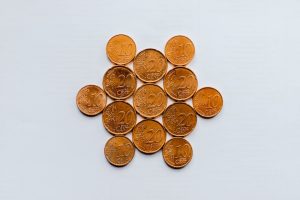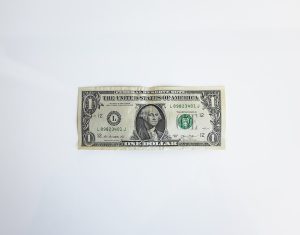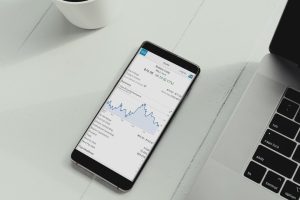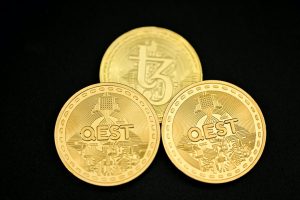Forex, also known as foreign exchange, is a decentralized market where currencies are traded. Forex trading has become increasingly popular over the years due to its potential for high profits. However, in order to trade forex, one needs to have a forex broker.
A forex broker is a financial institution or individual that provides traders with access to the foreign exchange market. They act as intermediaries between buyers and sellers, facilitating trades and charging a commission or spread for their services.
Forex brokers offer traders a platform to buy and sell currencies, as well as access to market information and analysis tools. They also provide leverage, allowing traders to control larger positions with a smaller amount of capital.
There are two main types of forex brokers: dealing desk (DD) brokers and non-dealing desk (NDD) brokers.
A DD broker, also known as a market maker, takes the other side of a trader’s position. This means that when a trader buys a currency, the broker sells it to them, and when a trader sells a currency, the broker buys it from them. DD brokers often offer fixed spreads and may have a conflict of interest as they profit from the trader’s losses.
On the other hand, an NDD broker connects traders directly to the interbank market, where banks and financial institutions trade currencies with each other. NDD brokers do not take the other side of a trader’s position and instead make money from a commission on each trade or by adding a markup to the spread. NDD brokers offer variable spreads and may offer better pricing and execution.
When choosing a forex broker, there are several factors to consider. These include regulation, trading platforms, spreads and commissions, customer support, and educational resources.
Regulation is important as it ensures that the broker operates within a set of rules and standards, protecting traders from fraudulent and unethical practices. Some of the most reputable regulatory bodies for forex brokers include the Financial Conduct Authority (FCA) in the UK, the National Futures Association (NFA) in the US, and the Australian Securities and Investments Commission (ASIC).
Trading platforms are the software used to execute trades and access market information. Popular platforms include MetaTrader 4, MetaTrader 5, and cTrader. Spreads and commissions vary between brokers and can have a significant impact on a trader’s profitability.
Customer support is important as traders may require assistance with their account or trading platform. Educational resources such as webinars, tutorials, and market analysis can also be helpful for traders looking to improve their skills and knowledge.
In conclusion, a forex broker is an essential component for traders looking to participate in the foreign exchange market. They provide access to the market, trading platforms, and other resources necessary for successful trading. When choosing a forex broker, traders should consider regulation, trading platforms, spreads and commissions, customer support, and educational resources.





